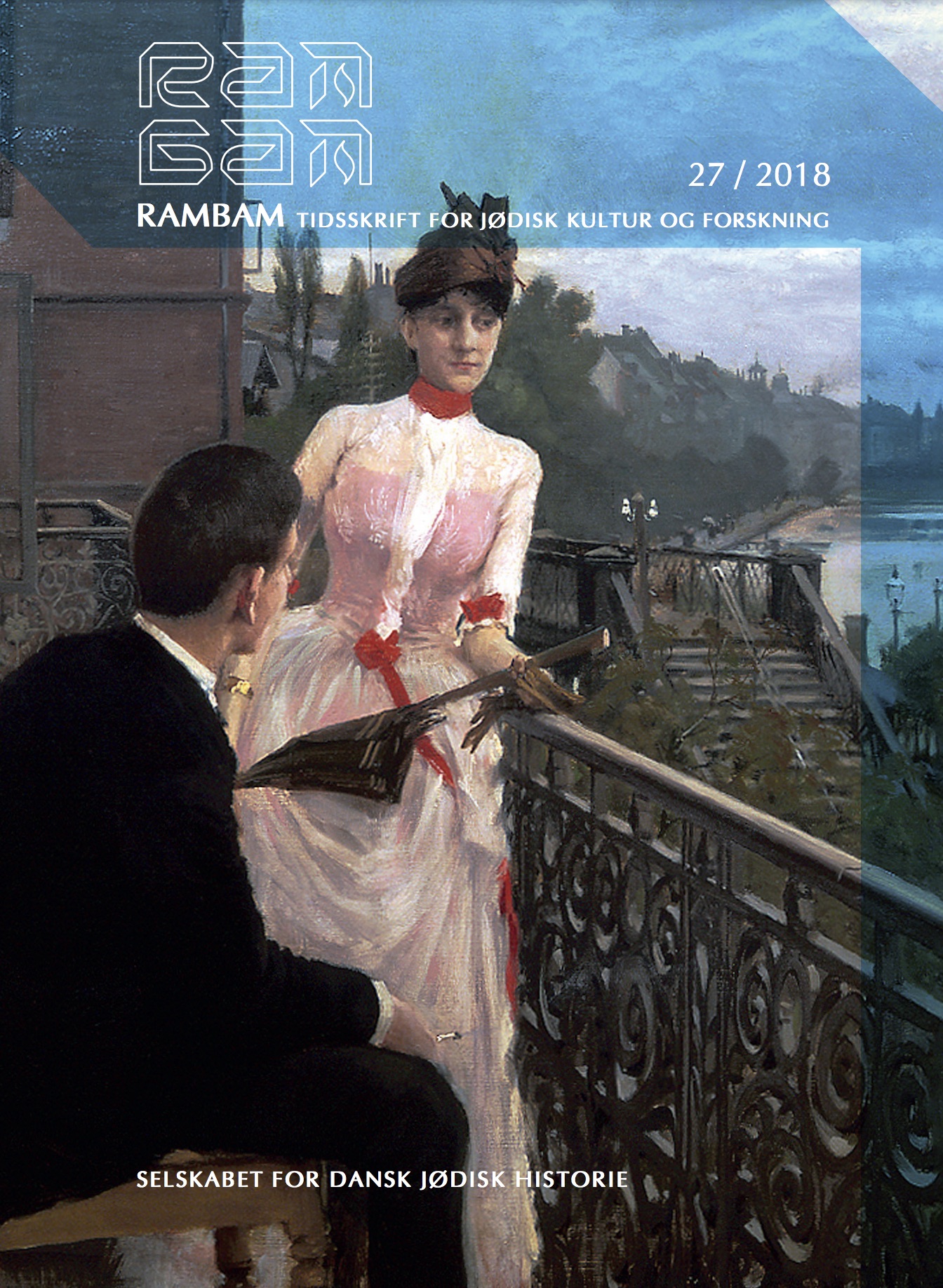Det var kun en drøm
Abstract
After World War II, many Polish Jews helped build the new country and its policy believing that communist Poland would become a just country without Jewish persecution. But anti-Semitic campaigns and Jewish harassment beginning in the spring of 1968 put an end to that belief and forced Polish Jews to leave the country. Denmark was one of the countries that some Polish Jews – including my family – fled to. I was born as an only child in Strzegom and grew up in Wrocław where I lived with my parents. It was hard times and we lived in a small apartment under relatively poor living conditions. My father worked as a joiner while my mother was granted disability pension. I went to public school because the Jewish school was situated at the other end of town. For some time they taught Catholic as a subject, which I found interesting so I took part of the classes even after it was abolished at my school and run by local nuns instead. I went to middle school where I received my certificate in 1964 and I was admitted to the university in Wrocław at the Department of Russian. Although I grew up in a non-religious home I was always aware of my Jewish roots. I had friends who were both Jewish and non-Jewish, and I took part in the cultural and social Jewish communities that were established after the war as well as the flourishing Polish cultural life including theaters and cinemas and the cultural events that took place at my university. But when the anti-Semitic campaigns began with student demonstrations in 1968 I felt unwelcome in Poland and contemplated leaving my home country. My parents and I decided to leave together and I began preparing our departure. In Denmark, refugees were welcome regardless of their age, education, and health – thus Denmark became our destination. There was a lot of paperwork and we had many challenges at the customs office, but finally we left Poland on October 14, 1969. We arrived in Copenhagen the next day and were received by friendly policemen. The first five days we stayed at a hotel in Frederiksberg. Then we moved to St. Lawrence, a ship that had been transformed into a hotel administered by Dansk Flygtningehjalp (the Danish Refugee Council), and after six weeks we were transferred to a hotel in Vesterbro. With great excitement we explored our new surroundings in Copenhagen. After 11 months at the hotel in Vesterbro, Dansk Flygtningehjalp found us an apartment in Osterbro that we moved into. Early on, I began taking lessons in Danish and I completed a three-level Danish course at the university. I wanted to teach Russian in middle school, but unfortunately there were no jobs. Instead, I received a diploma at the typing academy and after a couple of different administrative jobs I got a permanent position at an insurance company where I worked for more than 40 years. I consider my parents’ generation a generation of true heroes. They were the ones who had the courage to rebuild their lives not only once but several times throughout their lives. I am grateful that we could come to Denmark to live and that my children are free to live however and wherever they wish.





